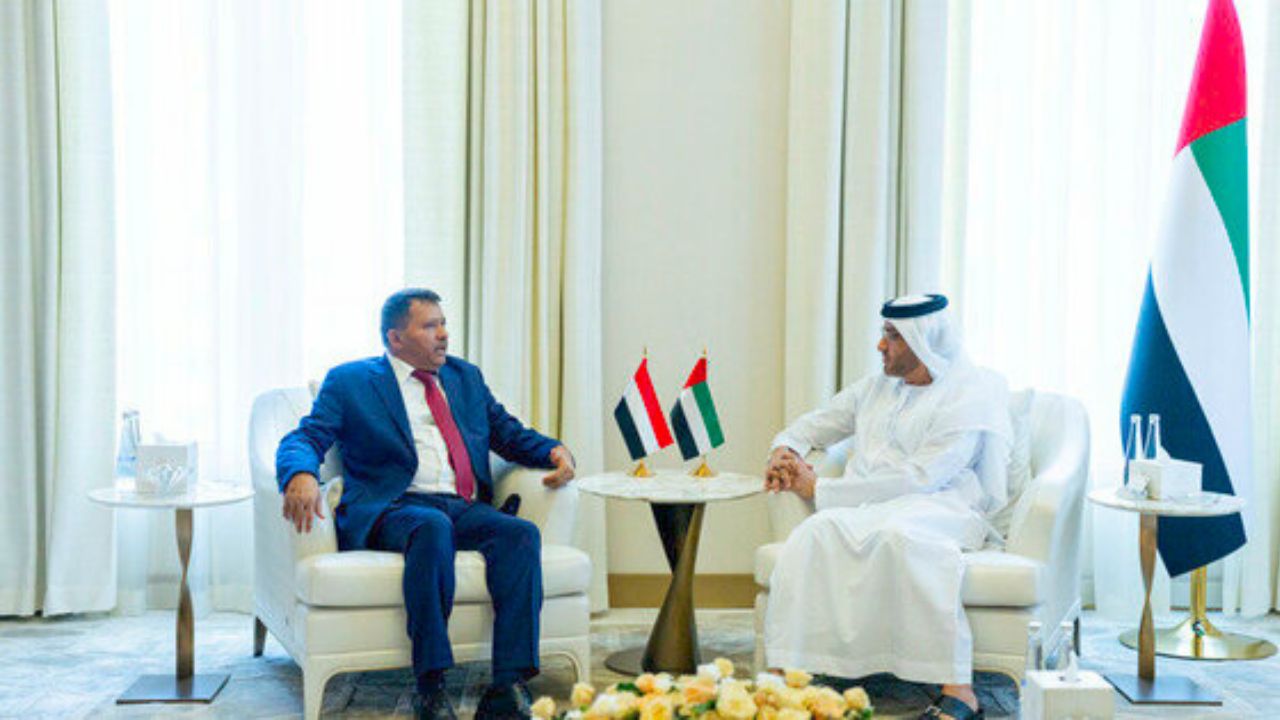
UAE and Yemen Strengthen Legal and Judicial Cooper
UAE and Yemen attorney generals met in Abu Dhabi to strengthen legal ties, enhance public prosecutio

Every community has its heart—a playground where children laugh, a park bench where elders gather, or a hall where local events bring people together. Yet, many of these spaces are in need of care, renewal, and investment. Recognizing this vital need, the Western Communities Foundation (WCF) has once again opened applications for its Community Infrastructure Grant Program, offering funding of up to $5,000 for projects that strengthen and improve local spaces.
This initiative goes beyond financial assistance. It is about supporting the spirit of togetherness, empowering grassroots organizations, and helping citizens shape the kind of neighborhoods they want to live in. At a time when many small towns and communities struggle with shrinking budgets, rising costs, and limited resources, WCF’s grant program offers not just money but hope—a chance to dream, plan, and build again.
Why Community Infrastructure Matters
Community infrastructure is more than just bricks, cement, or playground swings. It is the foundation of social connection. Parks, halls, libraries, walking paths, and benches may seem ordinary, but they foster connection, health, and safety.
A public park ensures that families, regardless of income, have access to nature and recreation.
A renovated community hall creates space for events, cultural exchange, and education.
Improved lighting and accessibility make streets safer and inclusive.
When infrastructure decays, communities feel the loss deeply. Abandoned parks invite crime instead of joy. Broken playgrounds deny children safe places to play. Aging facilities exclude people with disabilities or elderly citizens. By funding local projects, WCF ensures that infrastructure is not just maintained but modernized, inclusive, and welcoming to all.
The Origins and Mission of Western Communities Foundation
The WCF was founded with a simple mission: to support strong, sustainable communities. Over time, its role has grown into a partnership model—working with local leaders, non-profit organizations, and volunteers to identify pressing community needs.
The foundation has consistently emphasized three principles in its funding approach:
What the $5,000 Grant Can Achieve
At first glance, $5,000 may not sound like a large sum, especially compared to big-budget government projects. But at the community level, it can be transformative. Here are examples of what such a grant can achieve:
The Wider Impact: Beyond Infrastructure
While physical improvement is the central outcome, the impact of these grants spreads much further:
Social Connection: Residents gathering to plan and participate strengthens trust and cooperation.
Mental & Physical Health: Clean, safe parks invite walking, cycling, and relaxation.
Economic Boost: Local businesses often supply materials, creating a cycle of local prosperity.
Pride & Identity: Communities feel proud of their renewed spaces, leading to stronger civic engagement.
Why This Matters Now
In today’s fast-changing world, many small communities are overlooked by major infrastructure programs. Most national or provincial projects target larger urban centers, leaving smaller neighborhoods with outdated facilities.
Here is where grassroots-focused foundations like WCF become lifelines. They don’t wait for government funding cycles. They act swiftly, responding directly to community needs. This is especially crucial in a post-pandemic era, where spaces for safe, inclusive gatherings are more important than ever.
The editorial voice here must be clear: society cannot thrive without investing in shared spaces. Funding roads and technology is essential, but communities breathe through parks, cultural centers, and recreational facilities. The WCF grant reminds us that true progress includes human connection, not just infrastructure grids.
Stories from Past Recipients (Illustrative Case Studies)
To understand the real weight of this grant, one must look at past beneficiaries:
The Small Town Playground Revival
In a rural town, the playground had been closed for years due to broken equipment. A WCF grant funded new swings, slides, and secure flooring. Within months, families returned, and the town hall saw a 30% increase in participation at nearby community events.
The Accessible Hall Renovation
A community hall in another region had no wheelchair access. With the grant, ramps and widened doorways were installed. For the first time, residents with mobility issues attended events alongside their neighbors, no longer excluded by design.
Community Garden Project
An urban neighborhood lacking fresh food options created a community garden. The grant funded tools, soil, and fencing. Today, it produces seasonal vegetables, supports food banks, and teaches children sustainable farming.
These are not just renovations. They are restorations of dignity, inclusion, and belonging.
The Role of Community Grants in Society
As society faces challenges like climate change, urbanization, and social inequality, funding small local projects is not a luxury—it is a necessity. Large-scale policies often move slowly, but community grants are flexible, adaptable, and quick to respond.